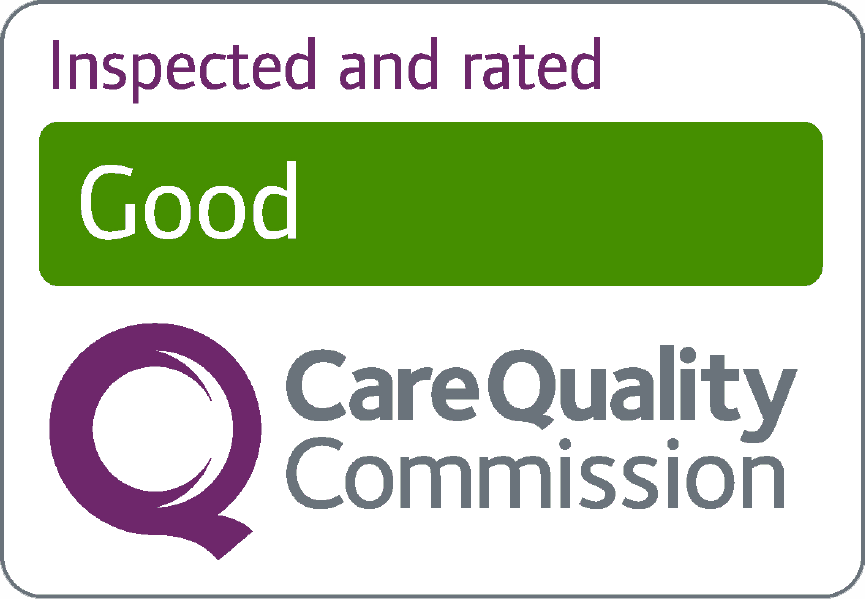
Why Check Your Body Age?
Did you know that checking your body age, or more specifically your metabolic age, can provide you with valuable insights into your overall health and wellbeing?
Understanding your metabolic age — a key indicator of how well your metabolism is functioning — can help you make informed decisions about your health. By assessing your metabolic health, you can identify areas for improvement, adjust your lifestyle, and reduce the risk of chronic conditions, helping you stay healthy and active later in life.
While “body age” is often a term used to describe biological or physical age, metabolic age can offer a clearer picture of how efficiently your metabolism is working. Checking your body age through metabolic testing is a great way to assess your current health status and take proactive steps toward improving your wellbeing.
What is metabolic health?
Metabolic health refers to how well your body is performing at a metabolic level, which includes how efficiently it processes energy, burns calories, and maintains muscle mass and fat levels. Maintaining good metabolic health is crucial for overall wellbeing and longevity.
Your metabolic health influences your risk of developing chronic conditions like diabetes, heart disease, and obesity. Poor metabolic health can lead to inefficiencies in how your body processes nutrients, which may increase your risk of developing these health issues. This is why checking your body age through metabolic testing can be so beneficial — it helps identify the state of your metabolism and offers insights into how you can optimise your health.
What is metabolic age?
Metabolic age is a measure of how well your metabolism is functioning compared to others of the same chronological age. It is influenced by factors such as your metabolic rate, body composition (muscle mass and fat levels), and various metabolic markers like blood glucose, insulin levels, and cholesterol.
When you check your body age through metabolic testing, you gain valuable information about how efficiently your metabolism is working. If your metabolic age is higher than your chronological age, it may indicate that your body is not functioning as efficiently as it could, and lifestyle adjustments could help lower your metabolic age. Conversely, a lower metabolic age suggests your metabolism is performing well.
Why should you check your metabolic age?
Checking your body age through metabolic testing provides an in-depth look at your metabolic health. Here are some of the benefits of checking your metabolic age:
- Identify early signs of metabolic dysfunction – A higher metabolic age may indicate that your body is not processing energy efficiently, which can be an early sign of conditions such as insulin resistance or cardiovascular disease.
- Make informed lifestyle changes – By knowing your metabolic age, you can take targeted steps to improve your metabolism through diet, exercise, and stress management, leading to a healthier metabolic function.
- Track progress – Regularly measuring your metabolic age helps you track improvements as you make lifestyle changes, allowing you to monitor the positive impact of your efforts.
- Reduce the risk of chronic diseases – Understanding your metabolic health and making changes to reduce your metabolic age can help lower your risk of developing chronic conditions like diabetes, heart disease, and obesity.
How do I calculate my body age?
When you check your body age through Bluecrest Wellness, we focus on measuring metabolic age. Our advanced test assesses various biometrics to calculate your metabolic age, giving you a comprehensive view of your metabolic health. The test includes
- Body composition analysis – This test measures your muscle mass and fat levels. A higher muscle mass and lower fat percentage indicate better metabolic health and a younger metabolic age.
Can I improve my metabolic health?
Improving your metabolic health is possible, and it can directly impact your metabolic age. By making a few lifestyle changes, you can lower your metabolic age and improve your overall health:
- Eat a balanced diet – A healthy, nutrient-rich diet supports a well-functioning metabolism and helps reduce your metabolic age.
- Exercise regularly – Physical activity, especially strength training and aerobic exercise, can boost your metabolism and improve your metabolic health.
- Manage stress – Chronic stress can negatively affect your metabolism, so adopting stress-management practices like meditation or yoga can help reduce your metabolic age.
- Quit smoking – Smoking accelerates ageing and damages metabolic processes. Quitting can significantly benefit your metabolic age and overall health.
- Prioritise sleep – Poor sleep can disrupt metabolic functions. Ensuring you get enough rest is crucial for maintaining a healthy metabolism and lowering your metabolic age.
- Limit exposure to toxins – Reducing exposure to environmental toxins can help support your metabolism and improve your metabolic age.
What are the benefits of improving my metabolic health?
By improving your metabolic health and lowering your metabolic age, you can experience several health benefits, such as:
- Lower risk of chronic conditions like diabetes, heart disease, and obesity
- Increased longevity, allowing you to live a longer and healthier life
- Improved energy levels and overall vitality
Uncover more about your health
Understanding your metabolic health is just one part of taking control of your overall wellbeing. If you want to gain deeper insights into your health, consider Bluecrest Wellness' Body Composition Scan.
Our Body Composition Scan measures important metrics such as body fat percentage, muscle mass, and visceral fat levels. This advanced analysis gives you valuable information about how your body is composed and how efficiently your metabolism is functioning. By checking your body age and tracking your body composition, you can make targeted changes to optimise your metabolic health and overall wellbeing.
Find out more about our Body Composition Scan and how it can help you assess and improve your metabolic health.




























